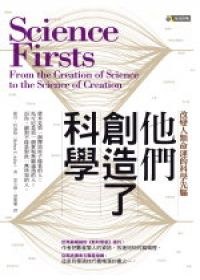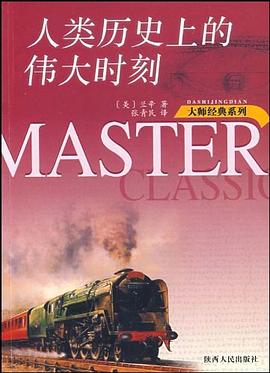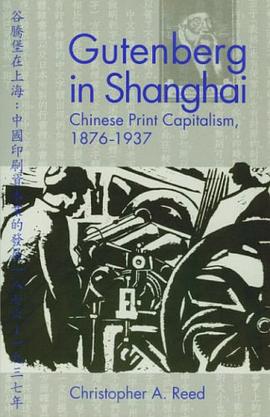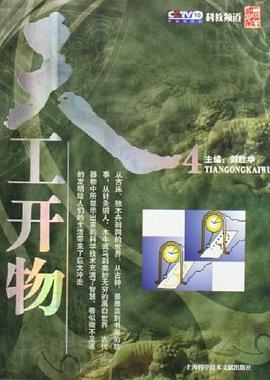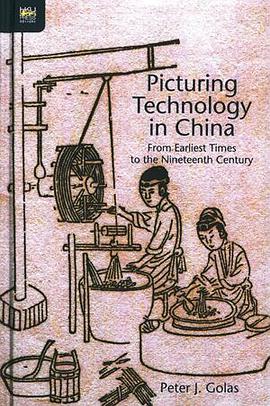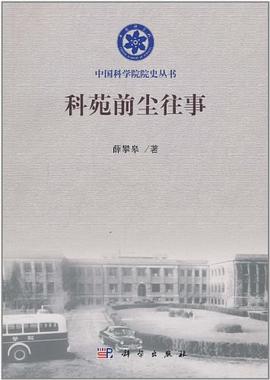
This book is an examination of technological change and the beliefs that were the engines of change in the nineteenth century iron and silk reeling industries. By situating Meiji Japan firmly within the Victorian world, David Wittner demonstrates that Japanese officials believed in a civilizational hierarchy based on technological superiority, and that officials selected and rejected industrial technologies because of the cultural symbolism of technological artefacts. Taking the story to the dawn of the first Sino-Japanese War, he argues that shifting national priorities and a growing international self-confidence changed the direction of industrial modernization. As a cultural history of technology, this book serves as a corrective to several common assumptions posited by developmental economic theorists regarding nineteenth century Japanese industrialization. "Technology and the Culture of Progress in Meiji Japan" will appeal to students and scholars of Japanese history, industrial development, economic development, cultural studies, and the history of technology.
具體描述
讀後感
評分
評分
評分
評分
用戶評價
相關圖書
本站所有內容均為互聯網搜索引擎提供的公開搜索信息,本站不存儲任何數據與內容,任何內容與數據均與本站無關,如有需要請聯繫相關搜索引擎包括但不限於百度,google,bing,sogou 等
© 2025 qciss.net All Rights Reserved. 小哈圖書下載中心 版权所有



